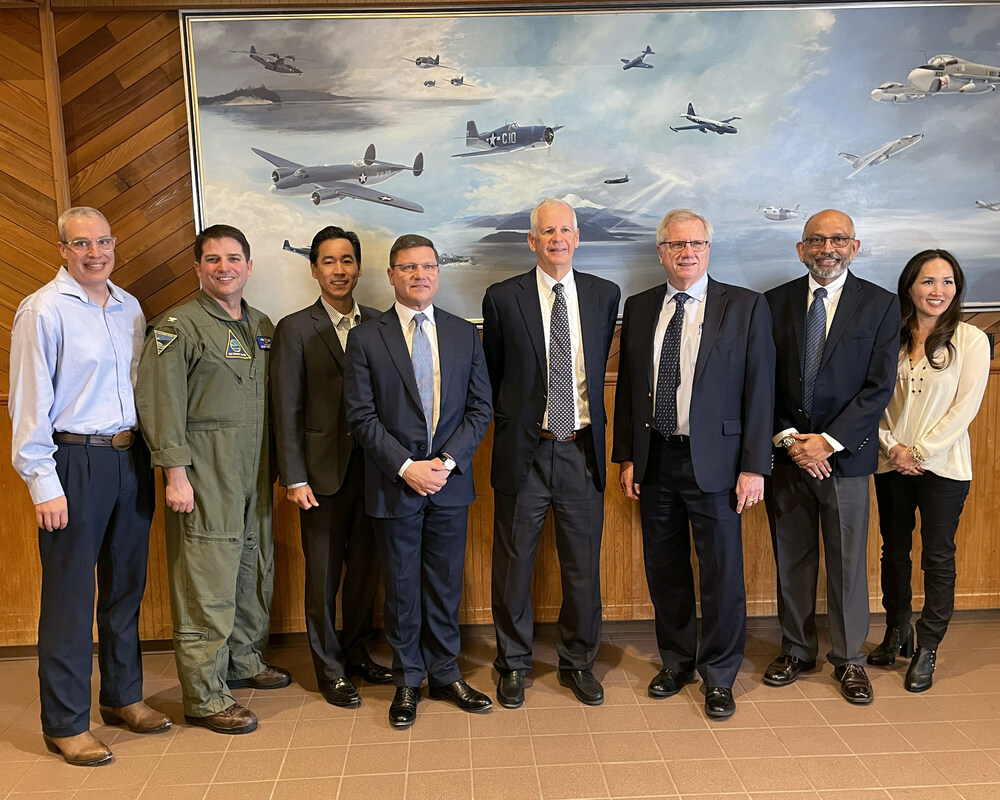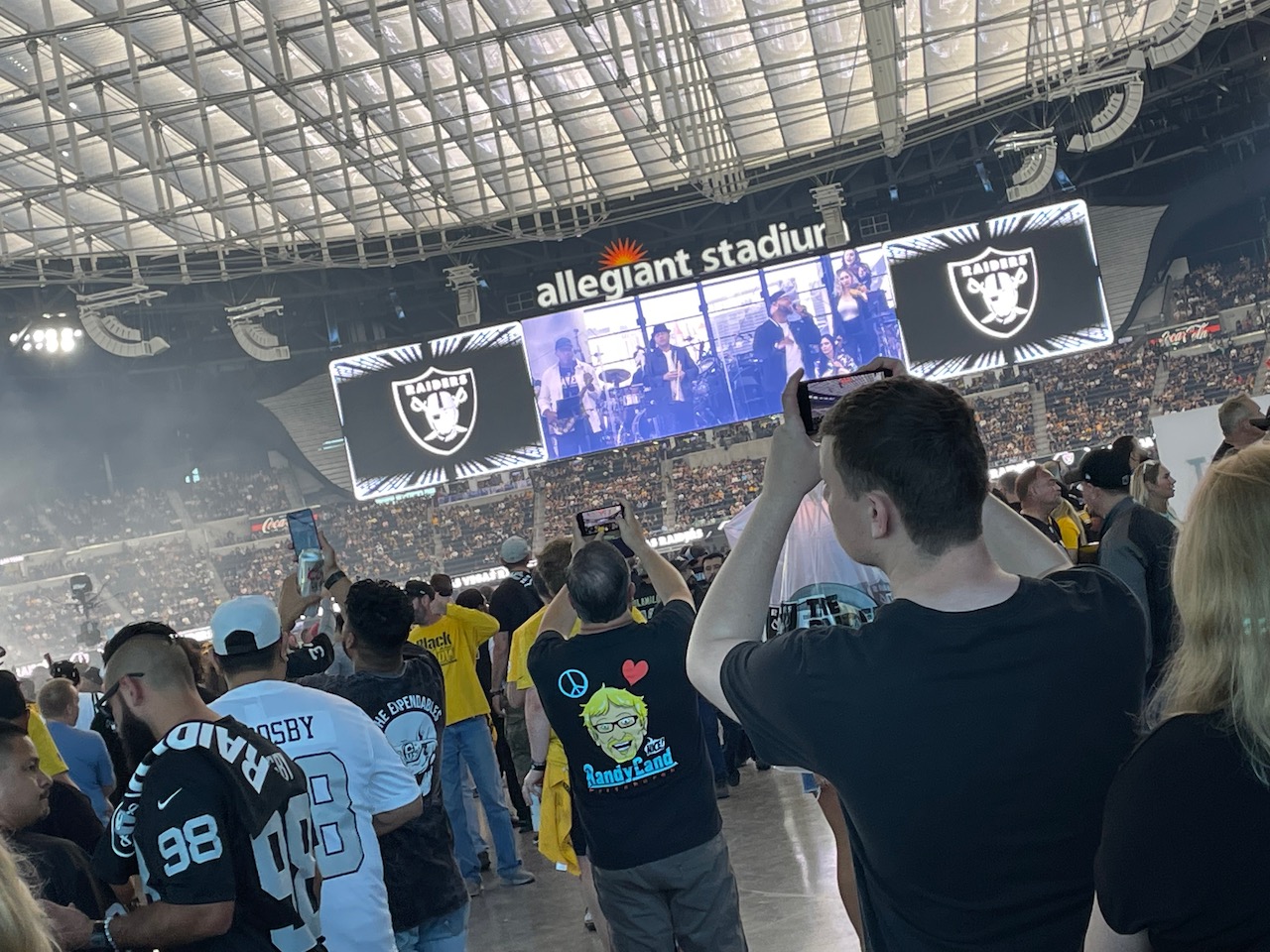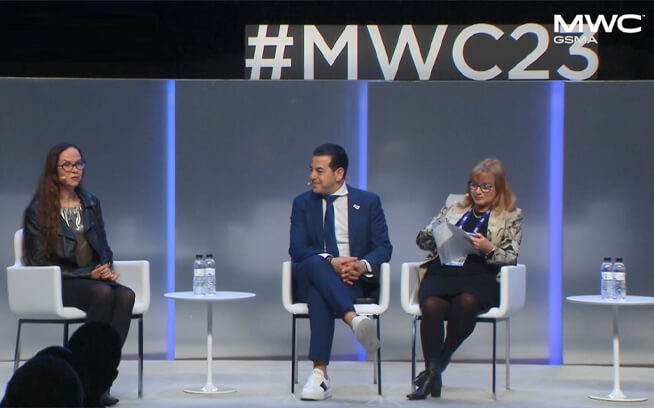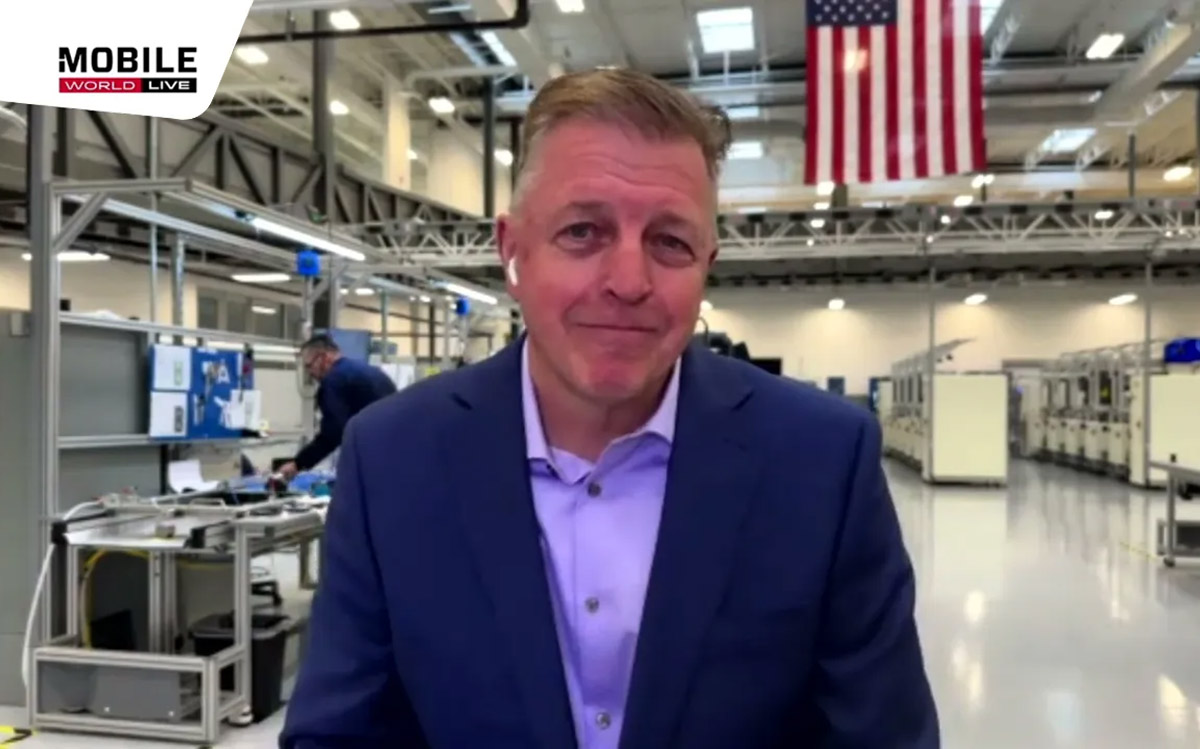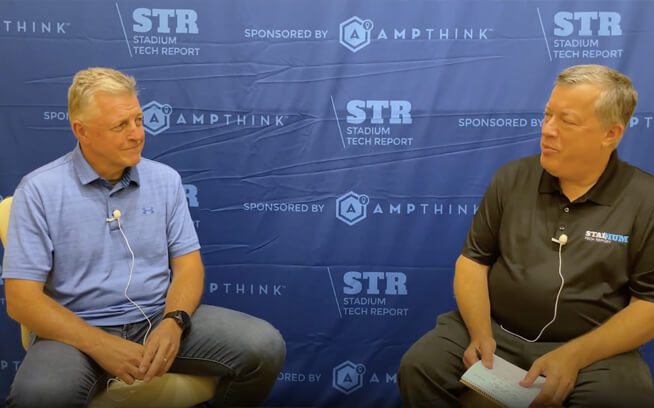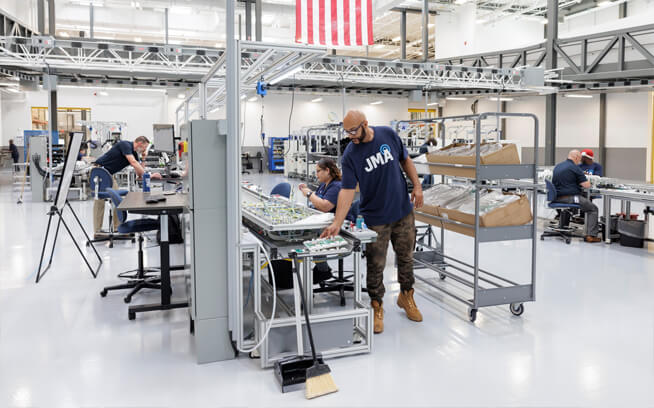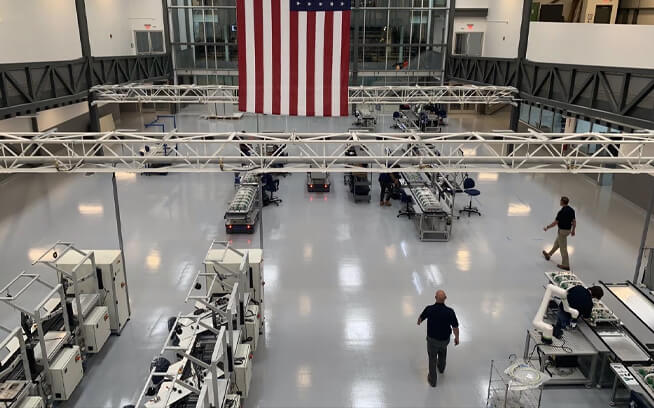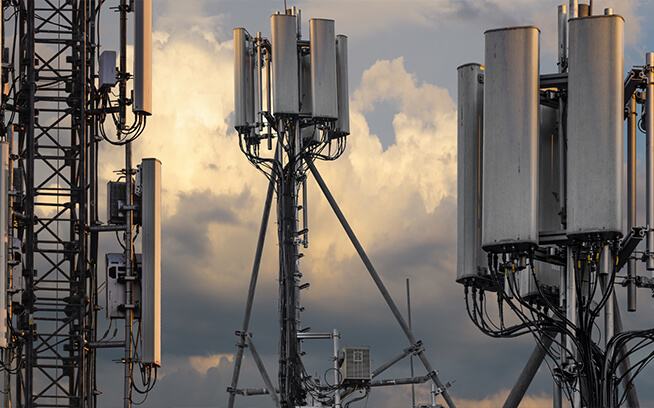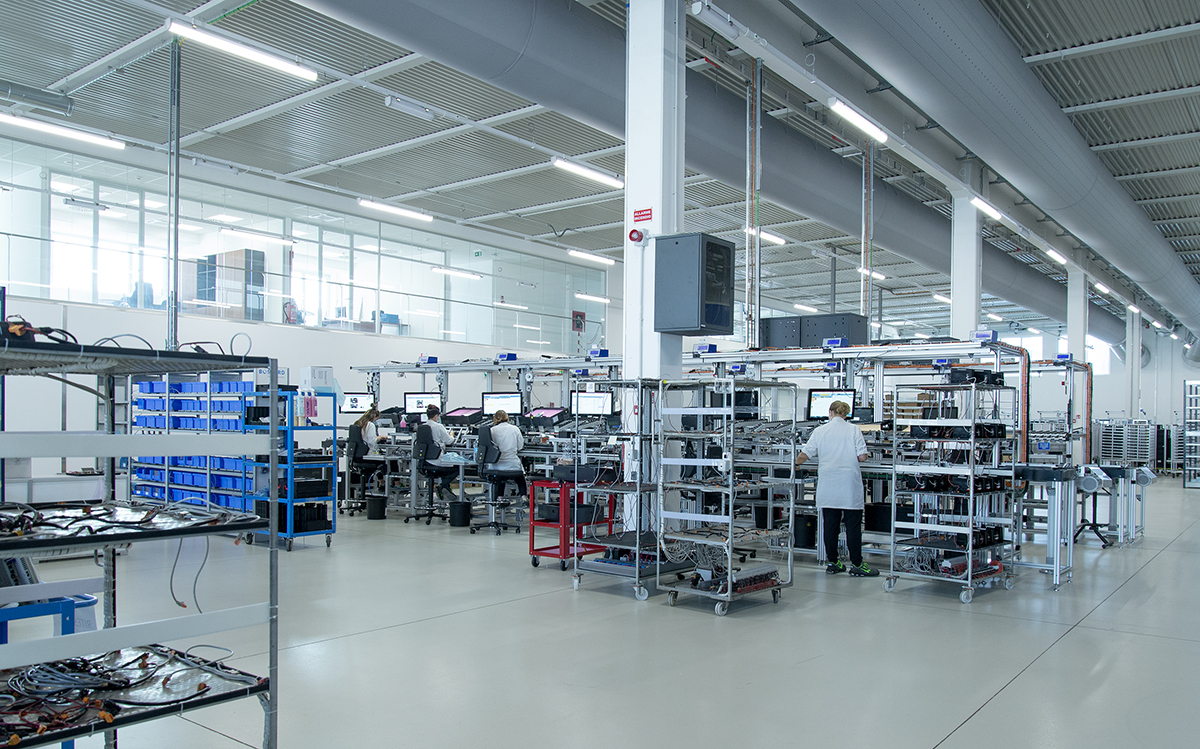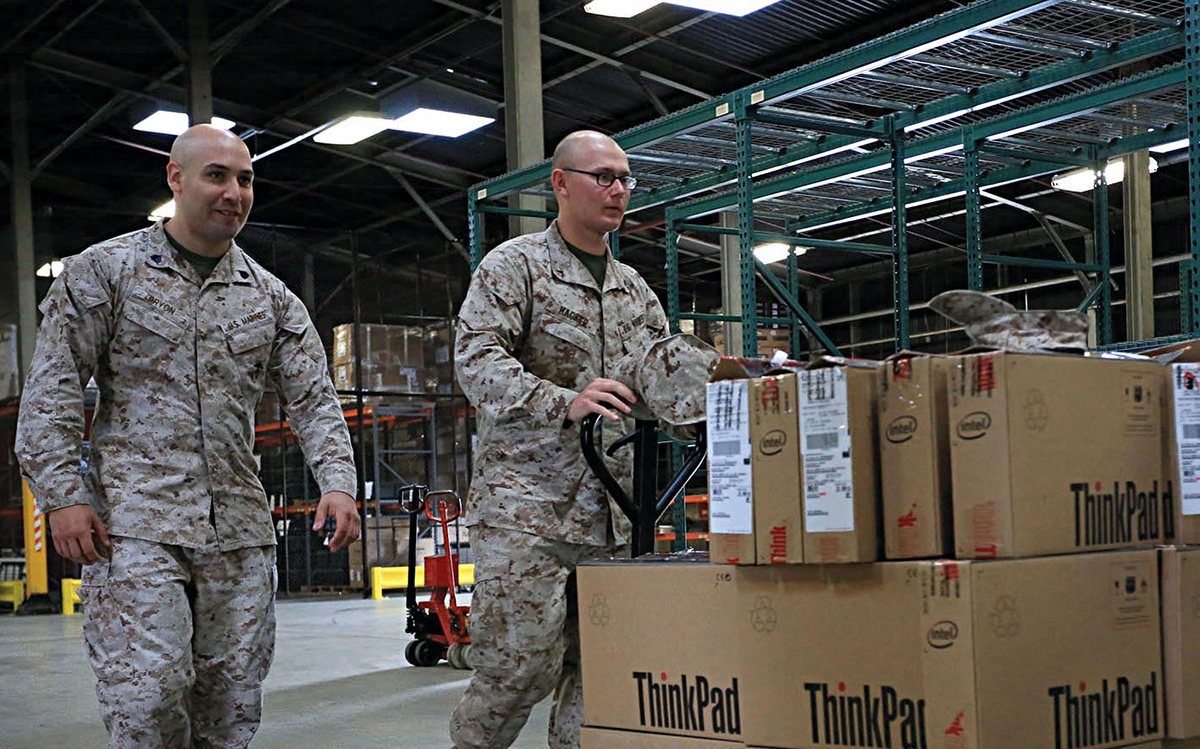NEWSROOM
Redefining wireless,
so you can reimagine
your business.

Federated Wireless Secures Sole Source Sustainment Contract for First DoD 5G OTA Program of Record
Read more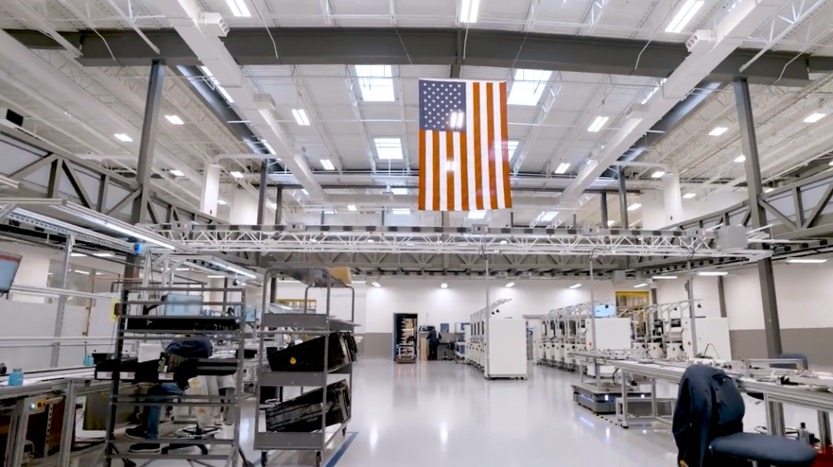
JMA receives $44 million in federal funding to boost state-of-the-art 5G manufacturing facility in Syracuse
Read more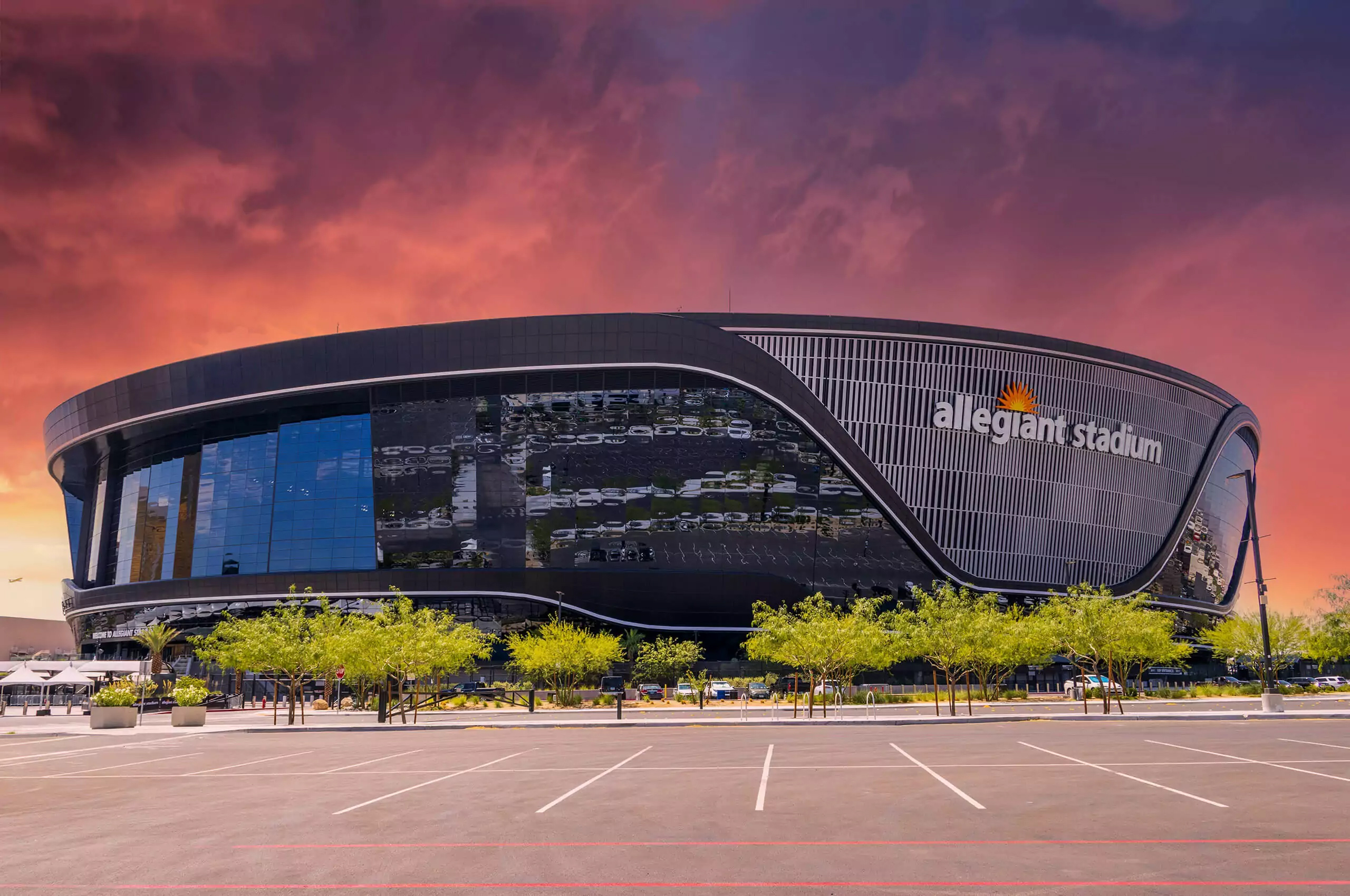
JMA Wireless delivers a sustainable, future-proof connectivity solution at Allegiant Stadium
Read more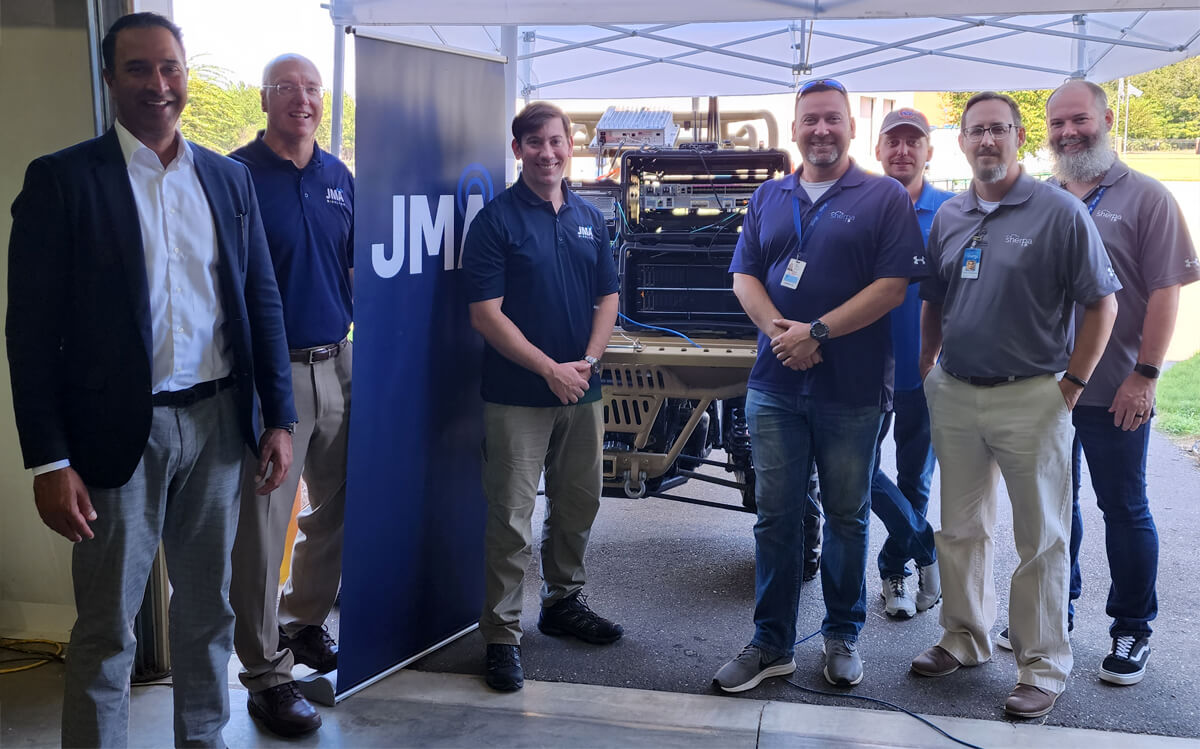
Sherpa 6 Completes Testing of Enhanced Private 5G Network Connecting Soldiers on the Frontlines
Read more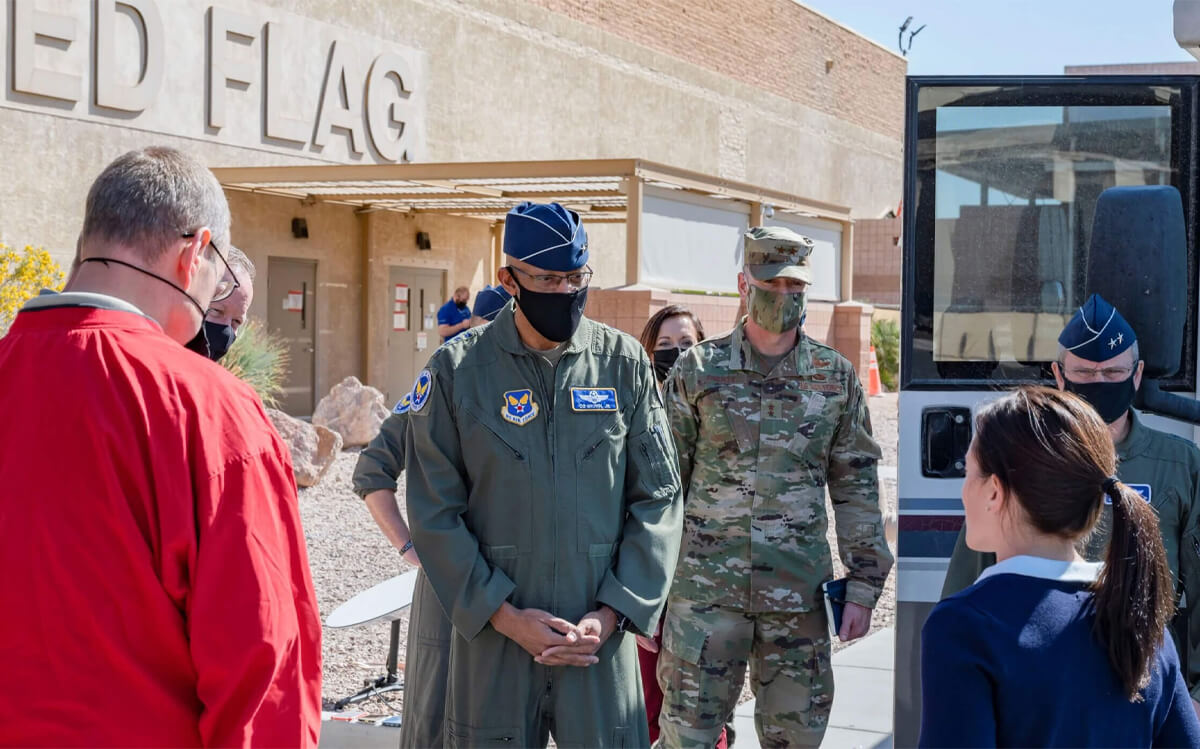
RIVA Networks and JMA Wireless Awarded Private 5G Network Contract for Air Force Research Laboratory
Read more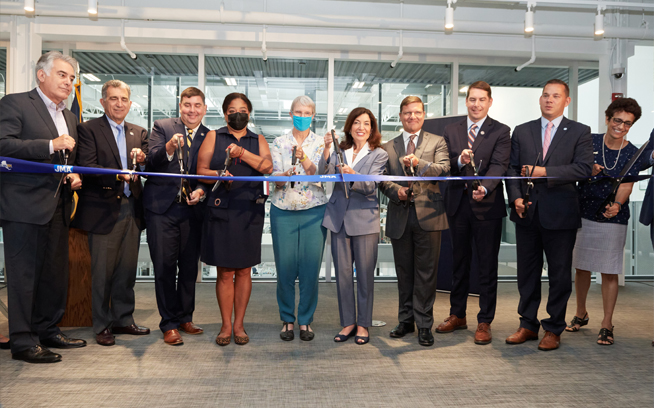
Governor Hochul Marks Completion on First Phase of JMA Wireless’ $100 Million 5G Manufacturing Campus and New Global Headquarters in Syracuse
Read more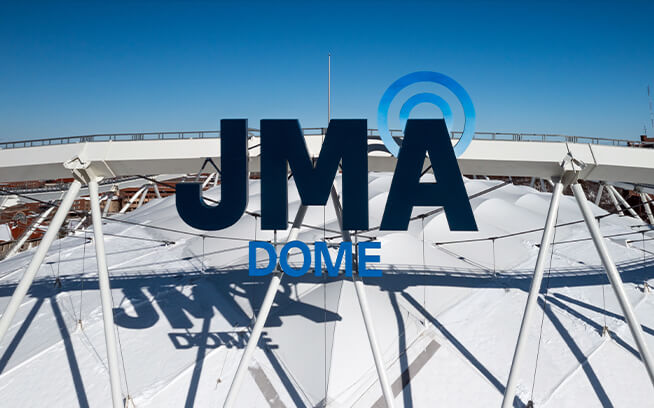
Syracuse University, JMA Wireless Announce Naming Rights Partnership, Usher in the JMA Wireless Dome Era
Read more
JMA Wireless Launches World’s First 5G Cloud Radio Access Network That Is Compatible With All Processors and Cloud Platforms
Read more
JMA Wireless Successfully Completes Global O-RAN PlugFest Engagements; Proves Peak Performance With its O-RAN Empowered Virtualized RAN Software Called XRAN
Read more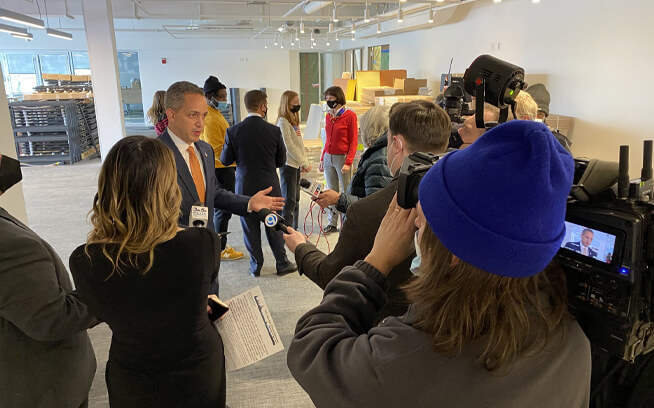
Deputy Secretary Graves Visits Upstate New York Tech Hubs with Senate Majority Leader Schumer to Discuss Importance of Passing CHIPS Funding
Read more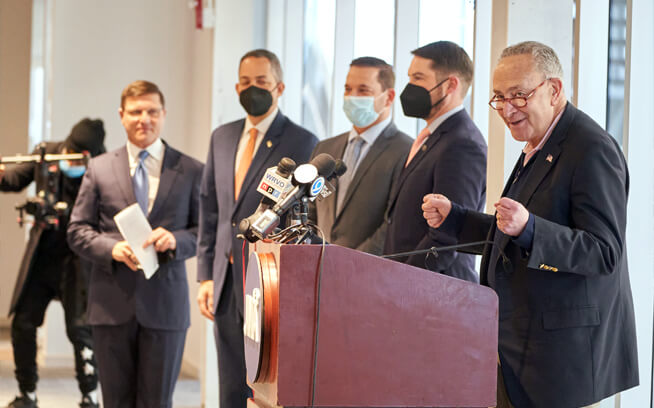
Senate Majority Leader Chuck Schumer Visits JMA Wireless Following the "Buy America" Provision of Infrastructure and Jobs Bill
Read more
TIM-JMA Wireless, in Saluzzo the first Open RAN Municipality in Italy
Read more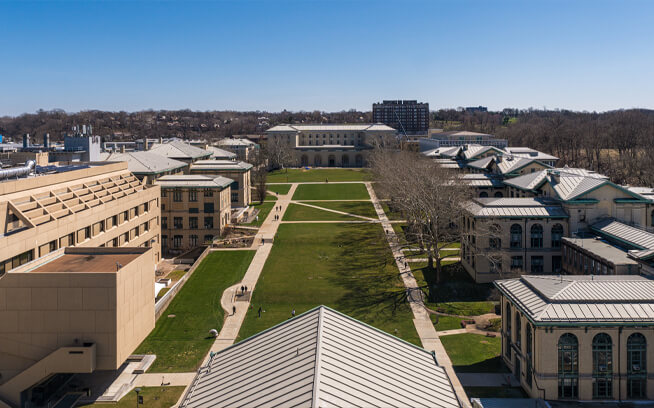
JMA Wireless, Running on AWS, to Provide New Campus Private Wireless Network to Carnegie Mellon
Read moreReady to talk?
We would love to get to know you better and help you reimagine your business by redefining your wireless connectivity strategy.
Get in touch Get in touchLooking for products?


